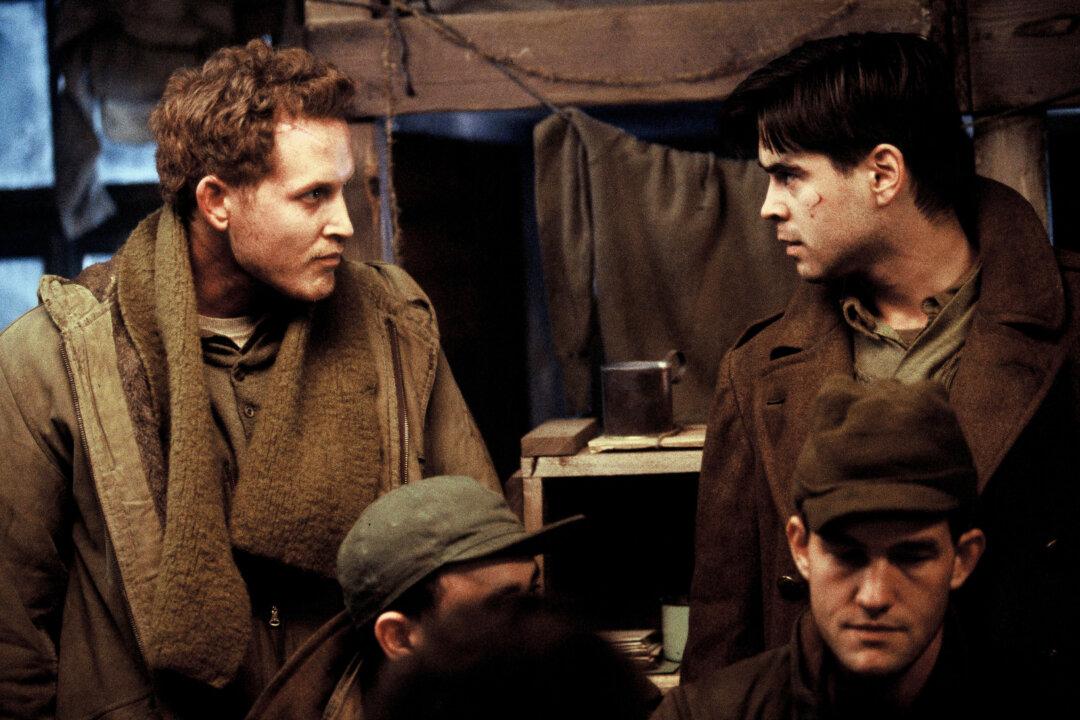R | 2h 5m | Drama | 2002
Gregory Hoblit’s World War II film is about soldiers salvaging a bit of themselves from the shambles of war and sometimes leading fellow soldiers on that journey.

R | 2h 5m | Drama | 2002
Gregory Hoblit’s World War II film is about soldiers salvaging a bit of themselves from the shambles of war and sometimes leading fellow soldiers on that journey.